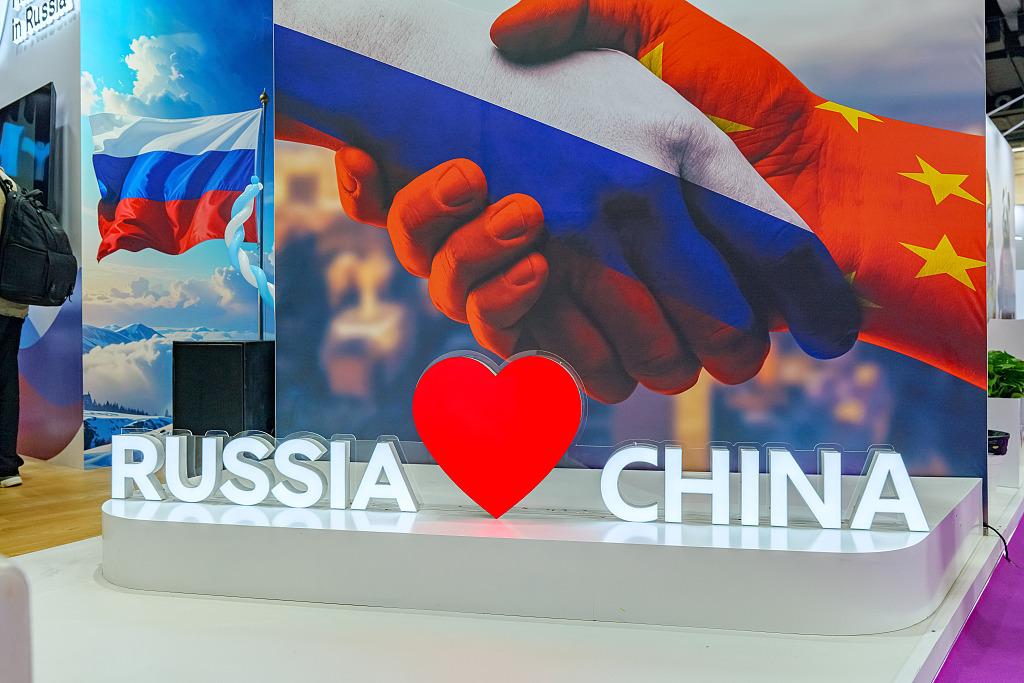Hindi film strikes emotional chord to top China box office
By Satarupa Bhattacharjya | China Daily | Updated: 2017-05-18 07:14
 |
| Dangal has won both box-office success and critical acclaim in China.[Photo provided to China Daily] |
Dangal has resonated with the Chinese audience, especially the youth, owing to a combination of factors, analysts say.
The celebrity status in China of Bollywood star Aamir Khan, who plays the role of Phogat, the rise of China's own female Olympic athletes - in some cases from rural backgrounds - and the strong yet often unrecognized father-daughter bond in patriarchal societies such as India and China that the film seeks to present are being attributed as reasons behind the film's success.
Khan's three-city tour ahead of the film's release and his China outreach through an account on Sina Weibo, the country's Twitter-like platform, have helped in promoting Dangal.
"The most important reason is the film's narrative," says Tan Zheng, deputy director of editorial at the Chinese film magazine Dianying Yishu.
But a few social media commentaries ask why the film's feminism centers on a man.
Although the main characters speak Hindi in a local dialect, and the film has yet to be dubbed for China, moviegoers seem to be able to follow Dangal with the help of Chinese subtitles, as observed during a recent visit to a Beijing theater.
The film may have also raised audience expectations from Bollywood in China.
Many Chinese viewers now see Indian movies as well-packaged, well-told stories, says Gu Wancheng, partner, Peacock Mountain Culture and Media Ltd, a Chinese company involved with Sino-Indian film coproduction.
For long, in common Chinese perception, Hindi cinema was a formulaic song-and-dance fare.
Khan also plays the lead roles in 3 Idiots, which is a comment on India's orthodox education system and in some ways similar to China's, and in PK, a fantasy flick that lampoons corrupt religious clerics. Both Hindi films made some money in China. India produces more than 1,000 films in 20 languages every year.
In 2016, the first part of the special-effects extravaganza Baahubali, made in different Indian languages, was released in China but fell short of trade estimates.
Before Khan, the most popular Indian actor in China was the late Raj Kapoor, whose film Awara (The Tramp) was screened before and after the "cultural revolution" (1966-76).
"A good character and a good story can help you cross borders," Khan was quoted by media as saying at the Beijing International Film Festival in April.
























